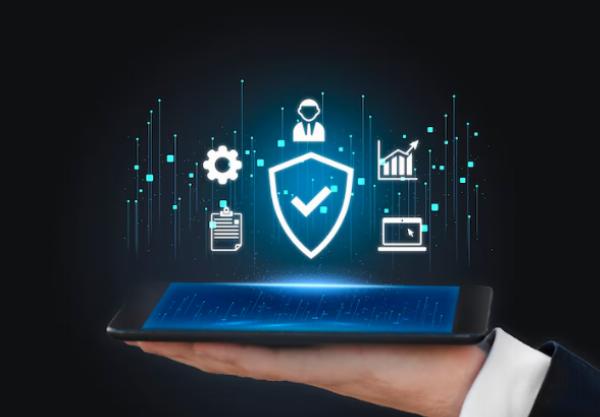Cyber Security Best Practices Every Business Should Implement

Strong 8k brings an ultra-HD IPTV experience to your living room and your pocket.
In today’s interconnected digital landscape, cyber security is not merely an option but a critical necessity for businesses of all sizes. With cyber threats evolving in sophistication and frequency, implementing robust cyber security practices is essential to safeguard sensitive data, protect customer trust, and ensure business continuity.
Here we will explore cyber security best practices that every business should consider to mitigate risks and enhance their security posture.
Cyber security encompasses strategies and measures designed to protect digital systems, networks, and data from malicious attacks. These threats include but are not limited to phishing scams, ransomware attacks, data breaches, and malware infections. Each poses unique risks to businesses, ranging from financial loss and operational disruption to reputational damage and legal consequences.
Importance of Cyber Security for Businesses
The consequences of a cyber attack can be devastating for businesses. Beyond financial losses, which can run into millions, breaches can erode customer trust, damage brand reputation, and result in regulatory fines. Therefore, prioritizing cyber security is not just about mitigating immediate risks but also about safeguarding long-term sustainability and growth.
Cyber Security Best Practices
1. Regular Security Audits and Risk Assessments: Conducting regular security audits and risk assessments is fundamental to understanding vulnerabilities within your business’s digital infrastructure. This proactive approach helps identify potential weak points before they can be exploited by cyber criminals.
2. Implementing Strong Access Controls: Restricting access to sensitive data and systems based on the principle of least privilege is crucial. Ensure employees have access only to the information necessary for their roles, and enforce multi-factor authentication (MFA) for added security.
3. Employee Training and Awareness: Human error remains one of the leading causes of security breaches. Educate employees about cyber security best practices, such as recognizing phishing attempts, creating strong passwords, and securely handling sensitive information.
4. Regular Software Updates and Patch Management: Keeping software, applications, and operating systems up to date with the latest security patches is vital. Cyber criminals often exploit known vulnerabilities in outdated software to gain unauthorized access.
5. Data Encryption and Backup: Encrypting sensitive data both at rest and in transit adds an additional layer of protection against unauthorized access. Regularly backing up data ensures that in the event of a ransomware attack or data breach, critical information can be restored without paying a ransom.
6. Implementing a Secure Firewall and Endpoint Protection: Firewalls act as a barrier between your internal network and external threats, while endpoint protection solutions safeguard individual devices (e.g., laptops, smartphones) from malicious activities.
7. Creating an Incident Response Plan: Prepare and regularly update an incident response plan (IRP) outlining steps to take in the event of a cyber security incident. This plan should include protocols for containment, investigation, mitigation, and communication.
8. Monitoring and Threat Detection: Implement real-time monitoring and threat detection mechanisms to swiftly identify suspicious activities or anomalies within your network. Early detection can mitigate potential damage caused by cyber attacks.
9. Compliance with Data Protection Regulations: Ensure compliance with relevant data protection regulations (e.g., GDPR, CCPA) applicable to your business. Adhering to these standards not only protects customer data but also mitigates legal risks and penalties.
10. Partnering with a Managed Security Service Provider (MSSP): Consider partnering with an MSSP for specialised expertise and around-the-clock monitoring and support. MSSPs offer tailored cyber security solutions that align with your business’s specific needs and budget.
Cyber security is an ongoing commitment that requires vigilance, education, and investment. By adopting these best practices, businesses can significantly reduce their exposure to cyber threats and safeguard their digital assets. Prioritising cyber security not only protects your organisation but also enhances customer trust and strengthens your competitive edge in today’s digital economy.
Implementing these measures is not just a defensive strategy but a proactive step towards ensuring the long-term resilience and success of your business in an increasingly interconnected world. Stay informed, stay vigilant, and stay secure.
For more details on comprehensive cyber security visit Captavio Technologies Ltd.
Note: IndiBlogHub features both user-submitted and editorial content. We do not verify third-party contributions. Read our Disclaimer and Privacy Policyfor details.


